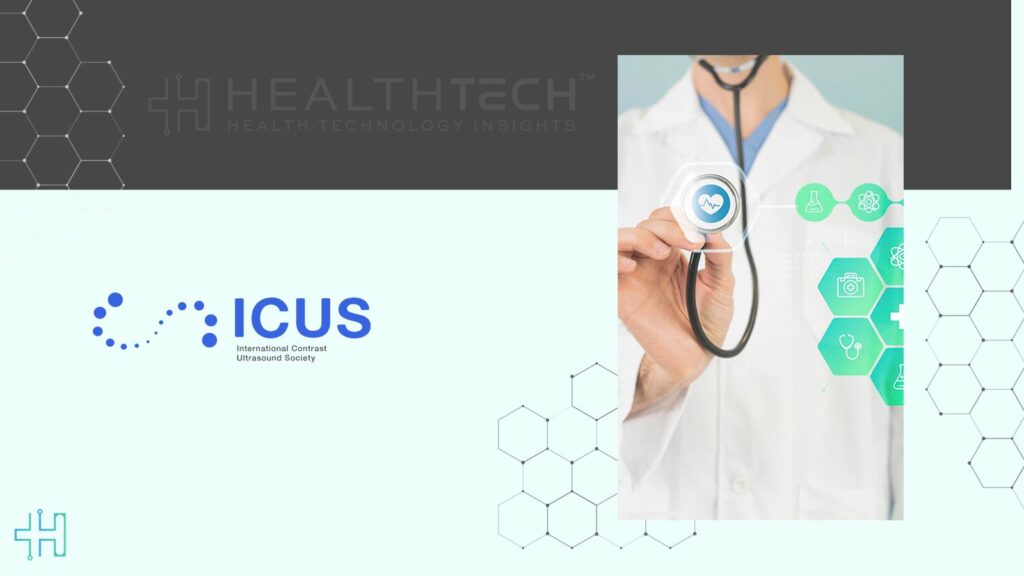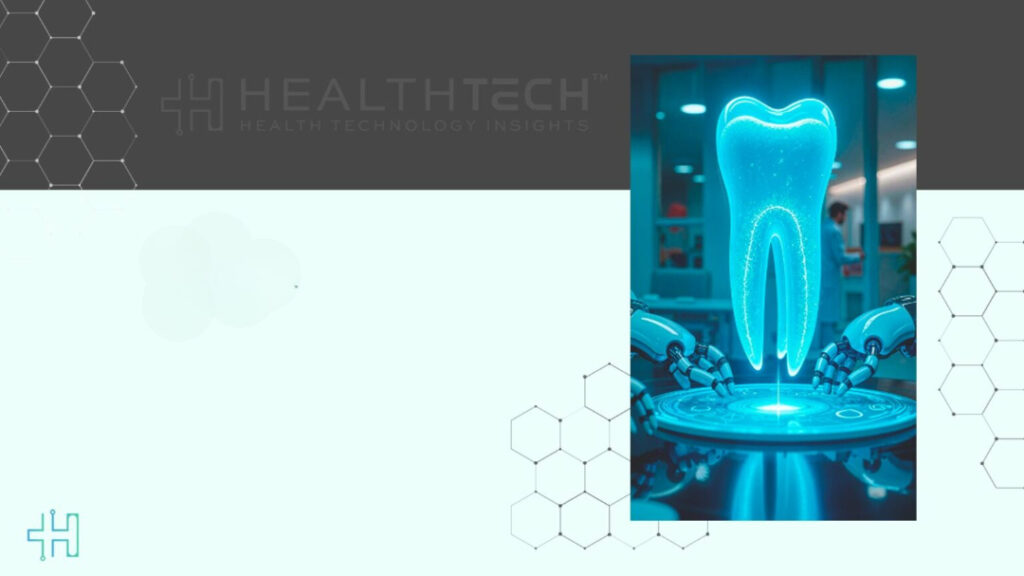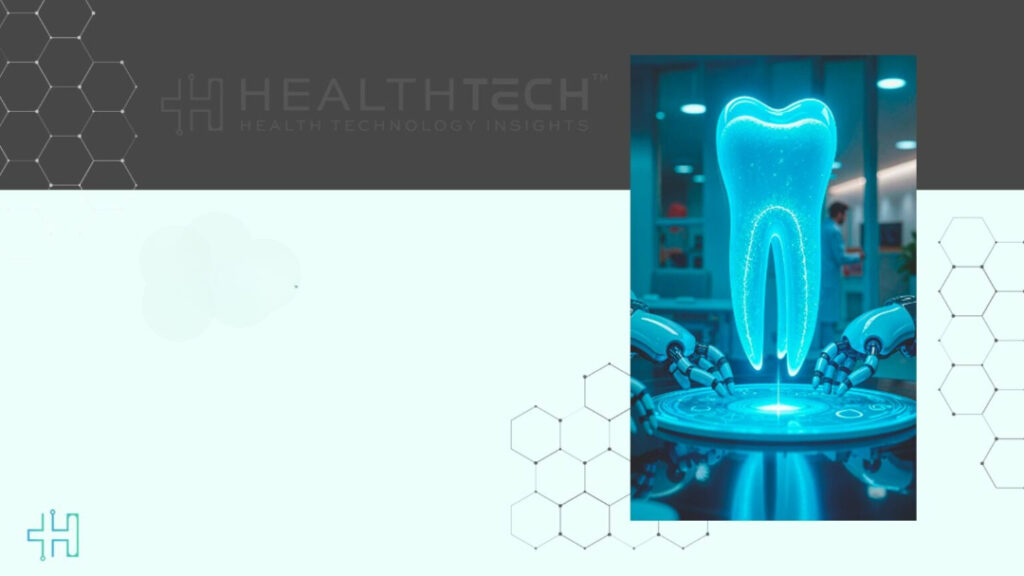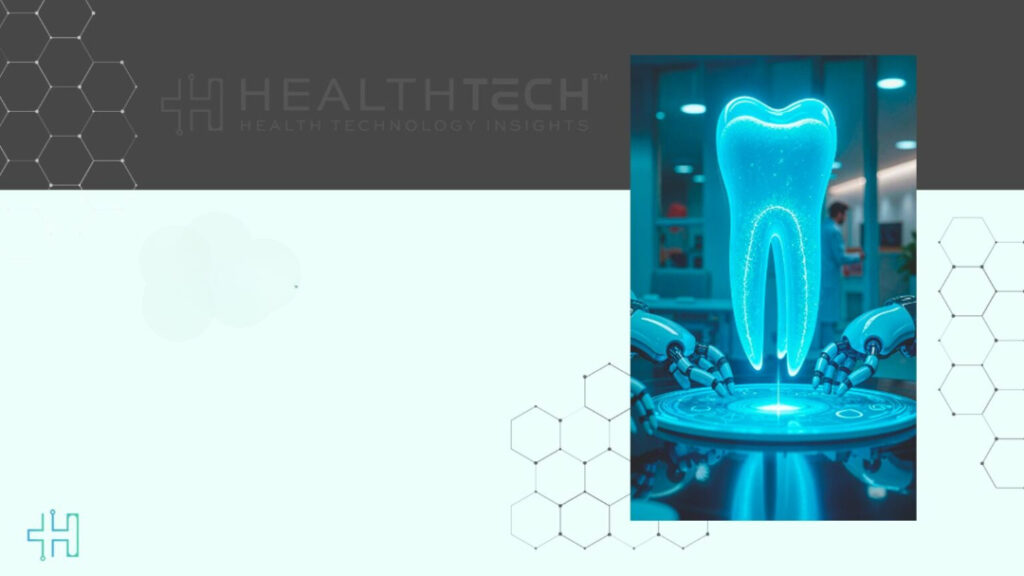Contrast-enhanced ultrasound (CEUS) is a safe and accurate diagnostic imaging option for pregnant women who develop a medical problem or a suspicious tumor that typically would be investigated by a contrast enhanced CT or MR scan, according to a new study by Canadian doctors.
Contrast-enhanced ultrasound (CEUS) is safe for imaging pregnant women.
“CEUS is well tolerated by pregnant patients and provides extremely useful diagnostic information,” said Dr. Stephanie Wilson, lead author of the study published in Abdominal Radiology. Dr. Wilson is a clinical professor of radiology at the University of Calgary and Co-President of the International Contrast Ultrasound Society (ICUS).
Health Technology Insights: NOVA’s Concierge Medicine Boom is a Game Changer for Patients
“By comparison, CT and MRI can be problematic during pregnancy,” she said, citing exposure to ionizing radiation and risk of kidney damage and deposit of gadolinium in the brain.
“Ultrasound contrast agents have an excellent safety profile in adults and children, and because they do not cross the placental barrier they do no harm to the baby,” she added.
Doctors at the University of Munich in Germany previously used CEUS in pregnant women with suspected liver tumors.
“CEUS was safely performed on all of the pregnant women without adverse fetal or maternal events,” according to Professor Dirk-Andre Clevert, who led the Munich study. Professor Clevert also is a member of the ICUS board of directors.
Health Technology Insights: Syner-G BioPharma Group and Sequoia, Name Scott Bergeron as Chief Commercial Officer
CEUS is safely and routinely used worldwide in adults and children to diagnose heart and vascular disease, identify and characterize tumors, and monitor chronic gastro-intestinal diseases and therapy.
The use of CEUS in pregnant patients is not yet approved by the U.S. Food and Drug Administration, but numerous other CEUS applications that are not yet approved are nevertheless supported by professional practice guidelines and widely used “off-label,” Dr. Wilson said.
CEUS involves an intravenous injection of an ultrasound contrast agent during an ultrasound scan. The enhanced ultrasound scan produces high resolution images in real time with vascular information comparable to CT and MR scans.
Ultrasound contrast agents are comprised of suspensions of biocompatible gas-filled microbubbles that do not contain dye or gadolinium, and CEUS does not expose patients or hospital staff to ionizing radiation.
Standard ultrasound is the primary test for imaging pregnant women, according to Dr. Wilson.
Three ultrasound contrast agents are currently approved by the US Food and Drug Administration: Definity (Lantheus); Lumason (Bracco Imaging) and Optison (GE Healthcare).
Health Technology Insights: nVoq Welcomes Michael Quinn as Vice President of Strategic Business Development
To participate in our interviews, please write to our HealthTech Media Room at sudipto@intentamplify.com
Source – businesswire






